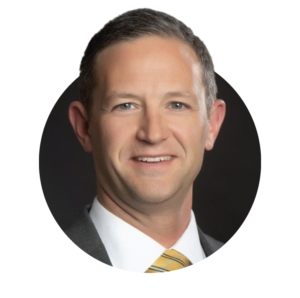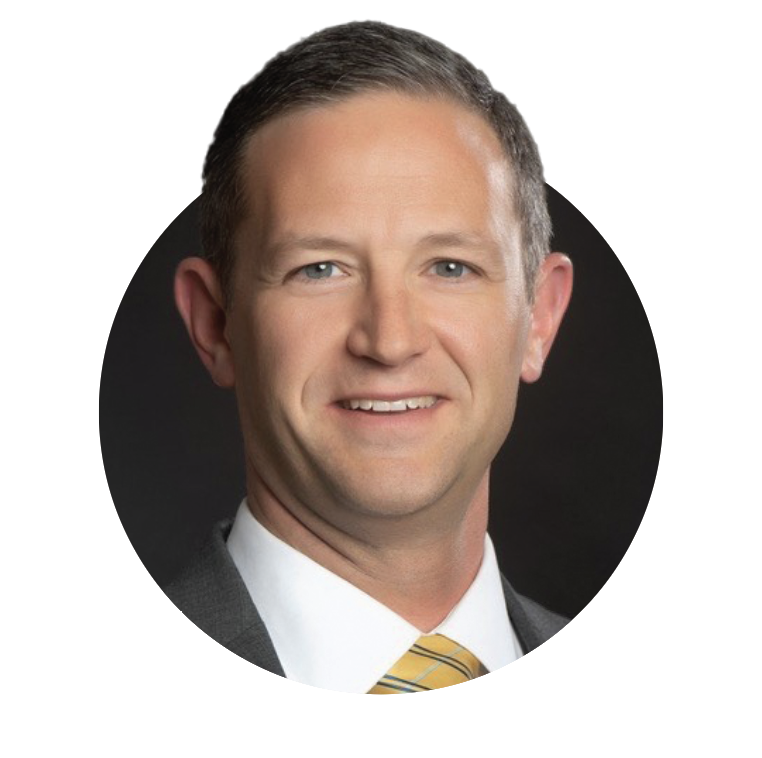We all like to determine our own path in life, call our own shots. At the same time, some degree of collective action is helpful, thereby yielding up at least a little autonomy.
The balance between a large, centralized authority and local control is tricky. What should be determined from Washington vs. in our state capitol? Or us locals freely interacting with each other vs. hashing it out down at City Hall?
In our “federal” form of government, state government is where it’s at. The states are supposed to consent to what the feds can do, and each state grants powers and responsibilities to municipalities within its domain. All for the benefit of “We The People.”
New Rules For Schools
Free education services for all kids is clearly a top priority in our state constitution. It is less clear the mechanics on how best to accomplish that.
Local public school districts have some leeway on how to deliver learning services in their respective areas. If all goes well, great; but what about when it doesn’t?
There’s been a handful of public school districts in big cities that lost accreditation over time and the state intervened. Local kids in failing schools were allowed to either transfer to a different nearby district or attend charter schools. But those are only for communities with bigger economic and social challenges, right?
Well, Columbia Public Schools’ (CPS) recent state report card barely passed, just a hair above being deemed “provisionally accredited.”
CPS’s key performance indicators feature a (roughly) 90 percent graduation rate, and 80 percent have good attendance, which sounds pretty good. But only about 40 percent of kids test “proficient” in reading and math, and for at-risk demographic subgroups only about 10 percent are in the “proficient” column.
What Story Are These Numbers Telling Us?
We’re handing out a lot of diplomas and kids are at least usually showing up to school. But most kids aren’t soaking a lot of it in, and for poor and minority students, sufficient learning is not even occurring!
As detailed elsewhere in these pages, a new state education bill directs that charter schools shall now be allowed in Boone County (Columbia). Depending on which grownups you ask, it could be either really great, or the end of the world. Hopefully this could be a natural extension of magnet schools, a wonderful learning option which CPS has long offered, such as Ridgeway and Benton, which are open to any kids districtwide. In fact, our former superintendent, Peter Stiepleman, used to talk up the innovative concept of “small autonomous schools” which allow a hyper-localized governance model to best serve kids in each building.
Local (Tyrannical) Control
Sometimes local control isn’t quite cutting the mustard, while elsewhere there are more egregious cases of it getting out of hand. After volatile events in Ferguson got national attention a decade ago, other ongoing issues were also uncovered in their municipal government. The city there had been hassling everyday average citizens with aggressive traffic tickets and other fines, which often snowballed into unpayable amounts for poor folks.
The local government had been using its residents as a piggy bank, and bipartisan outrage erupted. While our state legislature was at it, they put the kibosh on that infamous Mack’s Creek speed trap at the bottom of a hill near Lake Ozark.
Hand Us Back The Reins
Then sometimes it no longer makes sense for the state to be responsible for some tasks, so locals have to take back control. MoDOT still maintains Business Loop 70 in north COMO; just not very well. As detailed in July’s CBT, Michele Bayte laments it’s “a state roadway which has been minimally maintained” and local businesses like hers are suffering from this “neglect.” Carrie Gardner concludes, “We need the city to take over the street if we want it to improve.” Exactamundo!
A common confusion to clarify is that MoDOT actually controls several local thoroughfares, like Providence, College, and even legacy sections of West Broadway and Scott Boulevard. Gosh, don’t those seem like local boulevards?
Same goes for the alphabet soup of lettered highways which are mostly used for local journeys in rural/exurban areas. There ain’t no cross-state traffic on Route K from Rock Bridge Elementary School down to McBaine in the river valley.
Delegated decision making is great, unless quality is slipping or you need broader coordination. Centralized scale sounds awesome, until you hit what frequently comes along with a big package deal: miserable bureaucracy and hamstrung inflexibility.

Steve Spellman is a lifelong Columbia-area resident and political observer.










